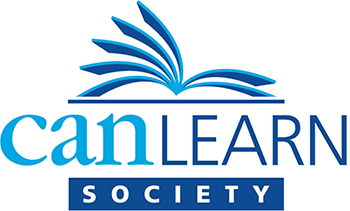Too many adults in Canada struggle with reading skills. Adult literacy programs can change their lives. Adult literacy matters.
I have a car that I drive only occasionally. For some reason, I find driving difficult, frustrating and anxiety-provoking. I am not sure why – perhaps it has something to do that I was learning to drive when I first moved to Calgary and was going through the resettlement process. Anyway, I avoid driving whenever I can. I am quite happy to walk or use transit to get around. I am fortunate to have people in my life who are happy to give me a ride when I ask them.
I used to have a job that involved a lot of driving around the city. More driving did not help me improve my driving skills and confidence. I feel no embarrassment in admitting I avoid driving; I even joke about it.
I sometimes try to look at my driving issue through the lenses of adults with reading and writing difficulties, and I realize that avoiding driving is not the same at all as avoiding reading or not being able to read.
Struggles with reading come at a high cost. Unemployment, poverty, social isolation, poor physical and mental health and many forms of social maladjustment are unmistakably related to literacy challenges.
Reading difficulties also take an emotional toll. Reading researcher Steven Dyckstra coined the term “shame fatigue” to describe a host of negative emotions experienced by struggling readers:
- Frustration, anger, anxiety and sadness
- Learned helplessness and fixed mindset – struggling readers often believe they can’t learn so they have no interest in learning
- Low self-esteem and self-defeating ways to deal with challenges, like quitting, avoidance and denial.
The research backing this up has been available for a long time; long enough to be doing better than we are.
17% of Canadian adults struggle with reading at the word recognition (decoding) level. Another 32% can read but lack the proficiency of a skilled reader necessary to succeed in the modern knowledge-based economy.
There is much talk about 21-century skills, the need for innovation and jobs that haven’t been invented yet. There is no doubt that these are essential and valuable conversations that will impact our future. However, for the future to be prosperous and bright we need to figure out what can be done to help the many people who can’t read or write.
What stands in the way of teaching literacy is not a lack of knowledge –the science of reading is well understood. I believe that what we need to do is put this research in practice so that we can:
- Design effective programs that provide both explicit, evidence-based reading instruction and opportunities for struggling adult readers to re-frame negative learning identities
- Keep in mind that various programs designed to help adults with employment, parenting, upgrading, GED preparation, etc. are very likely to fall flat for those with limited reading skills
- Remember that when adult reading skills improve, everything changes for their children.
To avoid reading or not to be able to read is not the same as avoiding driving!
I will probably continue to avoid driving and count on my friends to give me rides. A completely different approach is needed to help adults overcome their reading difficulties.
By: Nada Jerkovic
